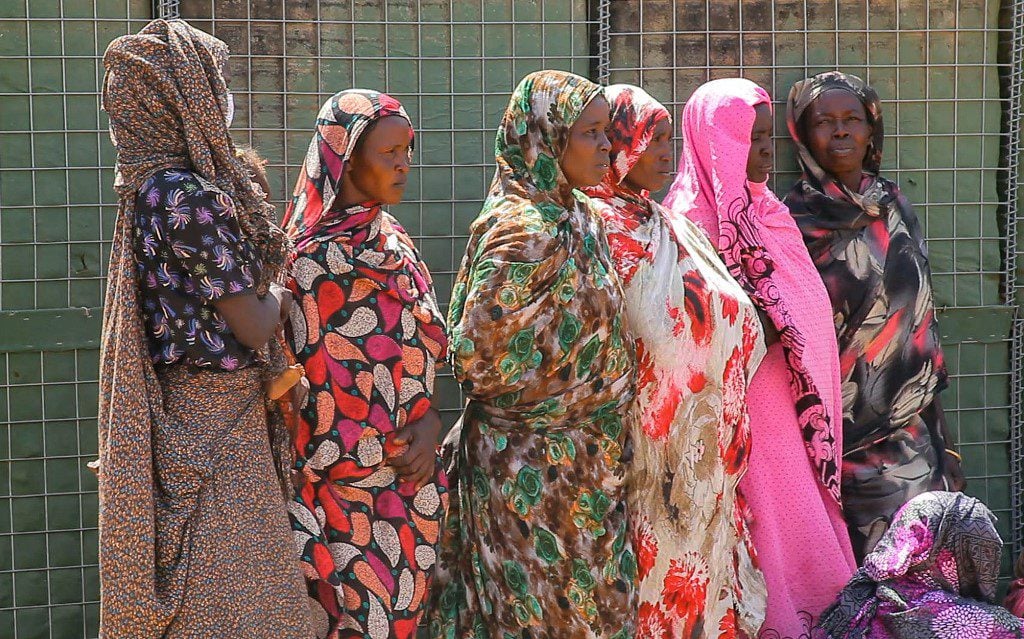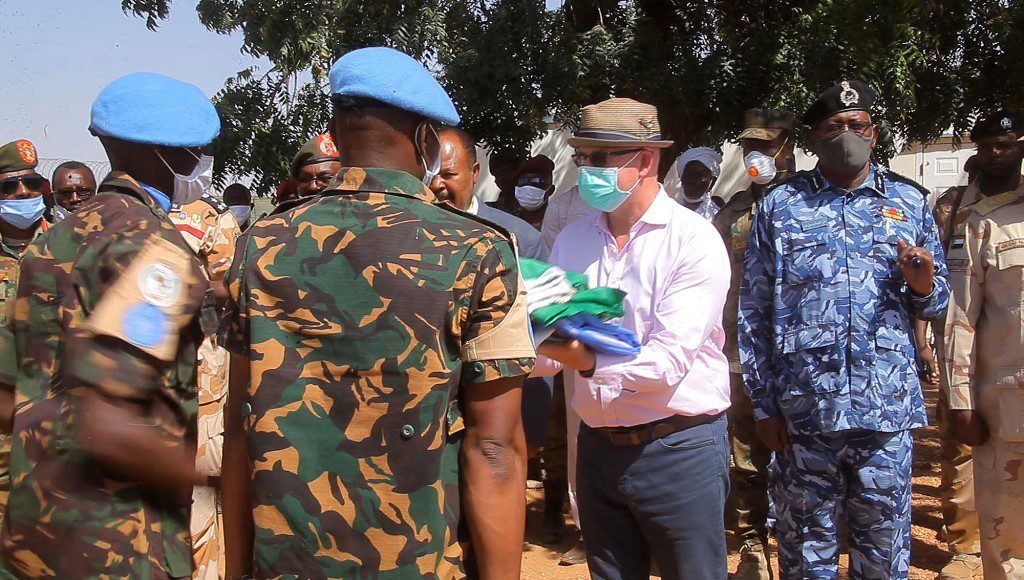
By: Mat Nashed
Darfur has spiraled into violence following the termination of the joint United Nations and African Union peacekeeping mission (UNAMID) on December 31, 2020. Just two weeks later, on January 16, 2021, more than 250 people – including three humanitarian workers – were killed in inter-communal clashes.
The hostilities began as a personal fight between a member of the non-Arab Massalit community and person from one of the Arab tribes in the West Darfur province of Geneina. Although ethnic labels are slippery and hollow in Darfur, most locals self-identify with these categories. Personal disputes can thus spiral into inter-communal violence. That’s what occurred when an Arab militia escalated the conflict by targeting Massalit locals and internally displaced persons (IDPs)
According to Save the Children, the attack uprooted 50,000 IDPs from the Kerinding camp. The head of the aid organization in Sudan, Arshad Malik, said in a statement that “we have seen disturbing photos of injured and dying people on the floors and corridors of hospitals.”
The mayor of Geneina, Alamin Hassan Gibril, accused security agencies of not doing enough to halt the violence. He singled out the military for not intervening earlier.
“The situation has been under control after the government sent military reinforcements from outside the state after two days of clashes, but the army in the state turned a blind eye,” he told Middle East Eye.
Elsewhere in Darfur, a series of attacks took place between January 24, 2021 and February 1, 2021, according to the U.N Office for the Coordination of Humanitarian Affairs (OCHA). An armed militia riding on motorbikes and camels attacked several villages, resulting in the death of 14 people. The militias also looted livestock and local facilities.
Rights groups and experts fear that the worst is yet to come. The mountainous region of Jebel Merra is where the Sudanese Liberation Army faction belonging to Abdul Wahid (SLA-AW) controls small pockets of territory. The global community has urged the SLA-AW to join the Juba Peace Agreement, which was inked between the government and exiled African rebel groups last fall. In theory, the agreement brings an end to protracted conflicts in Darfur, South Kordofan and the Nuba Mountains.
“The perspective of the international community and UNAMID is that the Juba Peace Agreement isn’t a cliff hanger. This isn’t like the non-organic agreements that were signed in the past,” Ashraf Eissa, the spokesperson for UNAMID, told Fanack in Khartoum. “This is an agreement that came after a revolution during the transitional period and with clear benchmarks.”
The SLA/AW doesn’t agree and instead accuses the Transitional Military Council (TMC) of high jacking the revolution. However, the group’s rhetoric is unconvincing due to its own role in tormenting civilians. Inter-factional fighting has particularly taken its toll, with clashes leading to militants committing acts of sexual violence and burning entire villages to the ground.

Many locals fear that the national security force, which is tasked to protect civilians, poses the bigger threat. The new force is composed of the Rapid Support Forces, the military, and the General Intelligence Service. As of now, the force has deployed a combined 6,000 troops to replace UNAMID. An additional 14,000 soldiers — drawn from rebel groups in the Juba Agreement — will join them with the mandate of bringing security to Darfur.
The national force has the backing of the global community, yet one western diplomat told Reuters that he wishes UNAMID could continue its peacekeeping activities while drawing down its mission.
The irony is that UNAMID was harshly criticized by the global community during its 13-year mandate. Western powers and rights groups accused the hybrid-peacekeeping force of failing to protect civilians from the security forces of former dictator Omar Al Bashir. UNAMID also withheld information detailing the scale of government attacks against locals. However, the very presence of peacekeepers may have deterred security agencies from committing more harrowing crimes, out of fear that UNAMID could have documented and publicized abuses.
In the end, Human Rights Watch (HRW) argued that a weak and compromised peacekeeping force was better than no force at all. Sudan’s military leaders and the U.N Security Council disagreed. The latter voted to replace UNAMID with a new U.N mission aimed to help Sudan transition to democracy (UNATMIS).
HRW said that the U.N Security Council can correct its mistake by strengthening the mandate of UNATMIS. All it has to do is task the new body with protecting locals in Darfur. But Sudan’s security elites would object to any decision that they believe compromises their sovereignty.
After years of perpetrating horrific abuses under Bashir, Sudan’s security forces are now hungry for legitimacy. Demonstrating that they can bring security to Darfur is an important step in achieving that quest. The Rapid Support Forces (RSF), a powerful Sudanese paramilitary group, particularly has something to prove.
The RSF originated from the Arab ‘Janjaweed’ militias that mounted a state-backed counterinsurgency that terrorized non-Arab communities in Darfur. The conflict resulted in the death of more than 300,000 people and compelled the International Criminal Court to indict former dictator Omar Al Bashir on counts of genocide, crimes against humanity and war crimes.
Since Bashir was deposed in April 2019, the RSF and its leader Mohamad Hamdan “Hemedti” Dagalo negotiated a place in Sudan’s Transitional Military Council, which shares power with a disjointed civilian alliance called the Forces of Freedom and Change. Now Hemedti has to balance protecting civilians in Darfur with appeasing his old allies.
The national force, and thus the RSF, have failed its first test. Next time, they need to intervene sooner if they want to save lives and repair their credibility.


